Nobody wants to get a tooth pulled, but every day thousands of Americans must face the reality that it is for the best, and the procedure is going to help them have a healthier mouth. While there are other articles that discuss the actual procedure, the time following your tooth removal is also quite important to providing success, and has teeth extraction aftercare directions that must be closely followed in order to avoid complications. Your dentist will provide you with all of this information at the time of your procedure.
After you have had a tooth removed, the instructions from your dentist on the specifics of extraction aftercare need to be closely followed. The first 24 hours is the most important time to make sure directions are followed, as this is generally the timeframe that will involve controlling bleeding and assuring that a blood clot forms effectively. The amount of bleeding that is expected by your dentist will be predicted, and in most circumstances should not be alarming during the 24 hour post-care period. Bleeding is expected and can be controlled by biting onto gauze that has been supplied by your dentist, and keeping the pressure on the area by continuing to bite down over periods of up to an hour. This pressure will assist your body in forming a clot as the blood is being prevented from freely flowing from the socket where the tooth once was. In cases where the dentist suspects that bleeding might be an issue, he or she may also administer a clotting agent to the area. This will assist your body in forming the clot that is necessary to further the healing process.
Assuring that an adequate clot forms is crucial to the healing process. For this reason, it is important for you to not disturb the clot that is forming. In order to allow the process to take shape, avoid anything that would potentially dislodge the clot, like spitting, sneezing, rinsing your mouth, eating overly hot foods or drinks, or poking at the clot with your fingers or tongue. You will also want to avoid strenuous work and heavy lifting as these can apply pressure to tissues of your mouth. Get lots of rest and minimize activities as much as you can. You will want to avoid smoking and blowing your nose as well.
The pain and swelling that goes along with a tooth extraction is generally controlled though medications that are prescribed by your dentist. It is important to follow the directions on the administering of the medications at specific intervals in order to keep the pain and swelling to a minimum. You will also need to take antibiotics in order to prevent infection complications, along with following the guidelines that your dentist provides on how to keep the area clean and free from food or debris of any kind that will assist in bacterial growth. Follow your dentist's extraction aftercare protocol and your procedure should be problem free.






